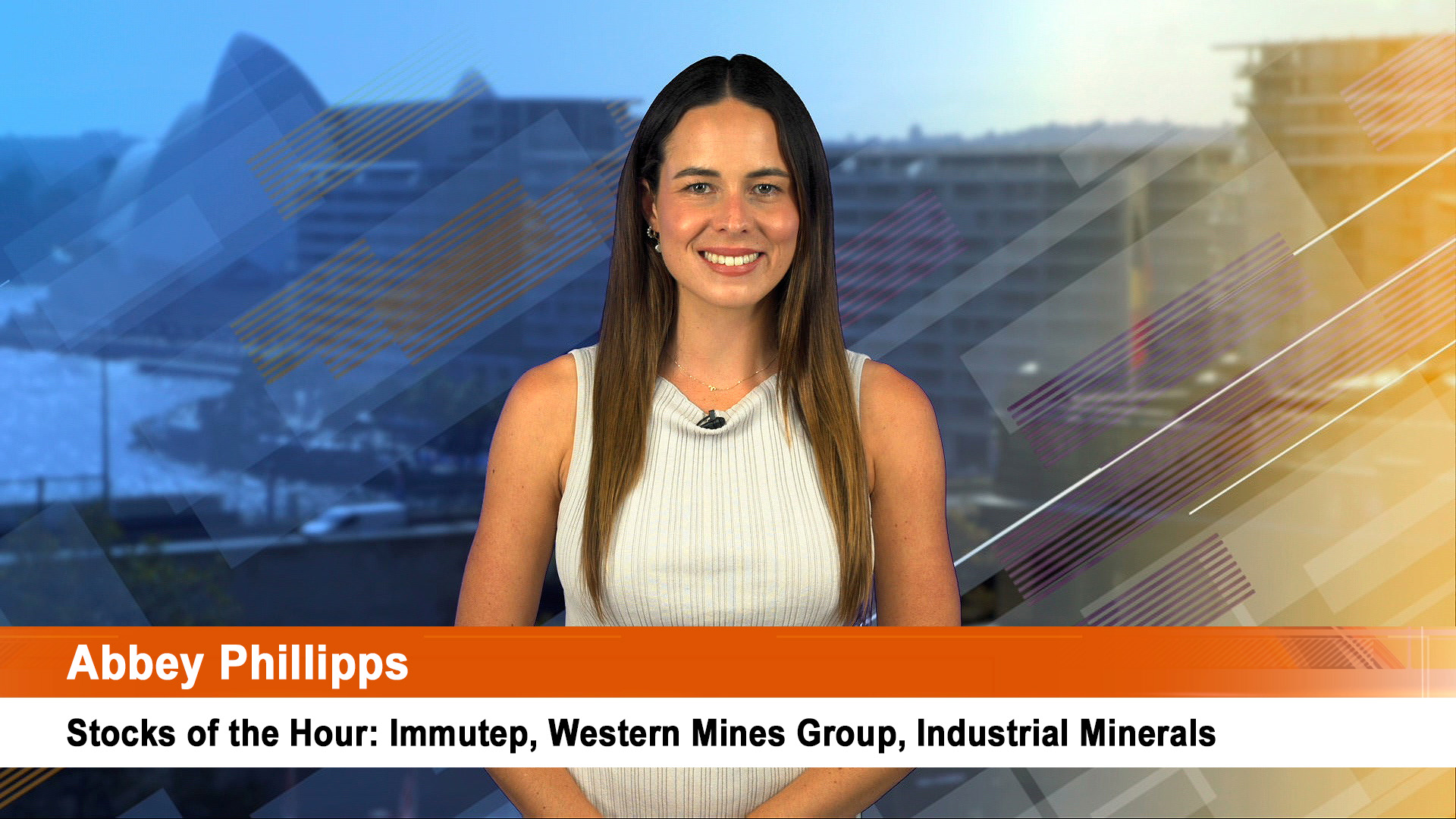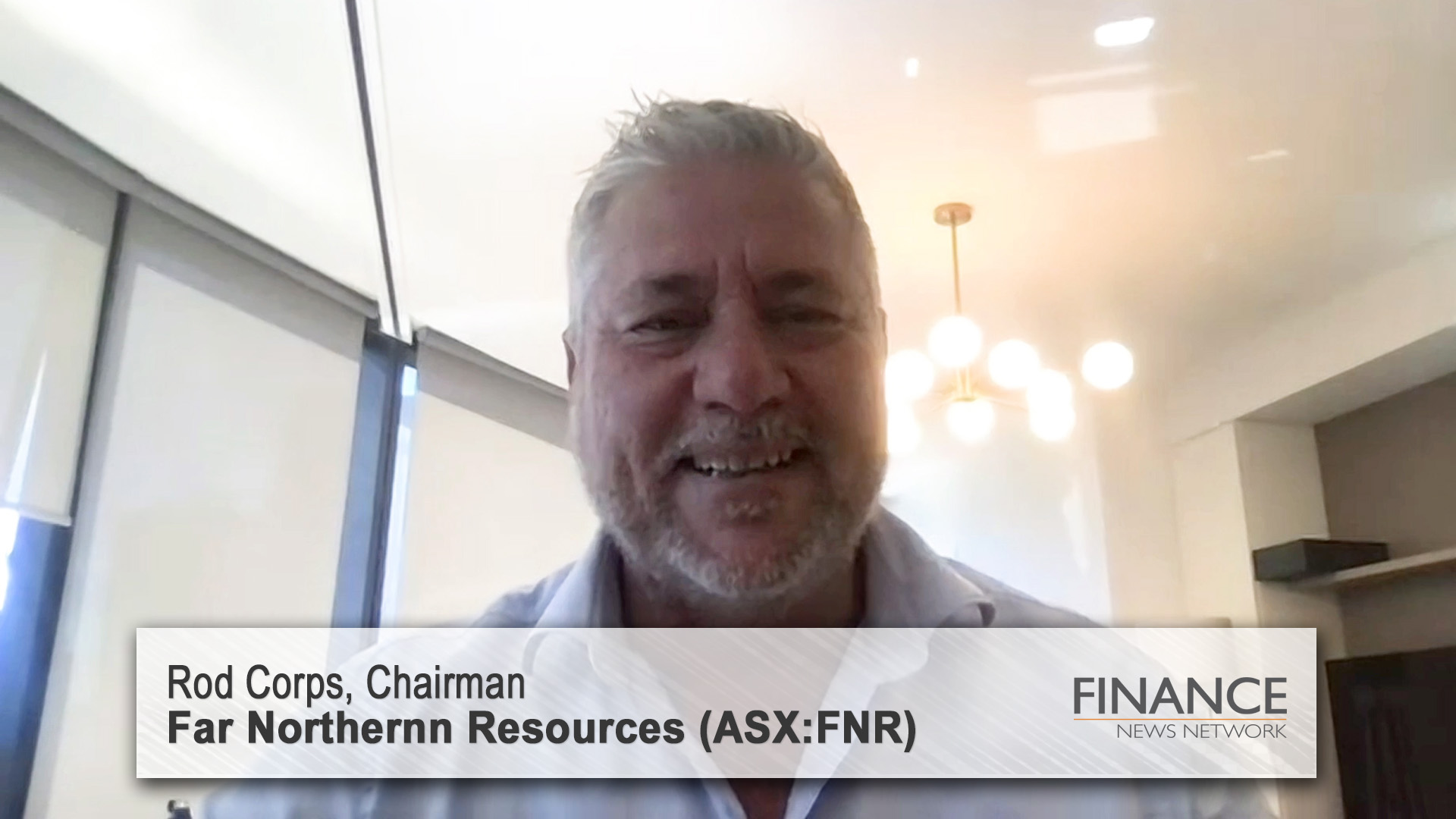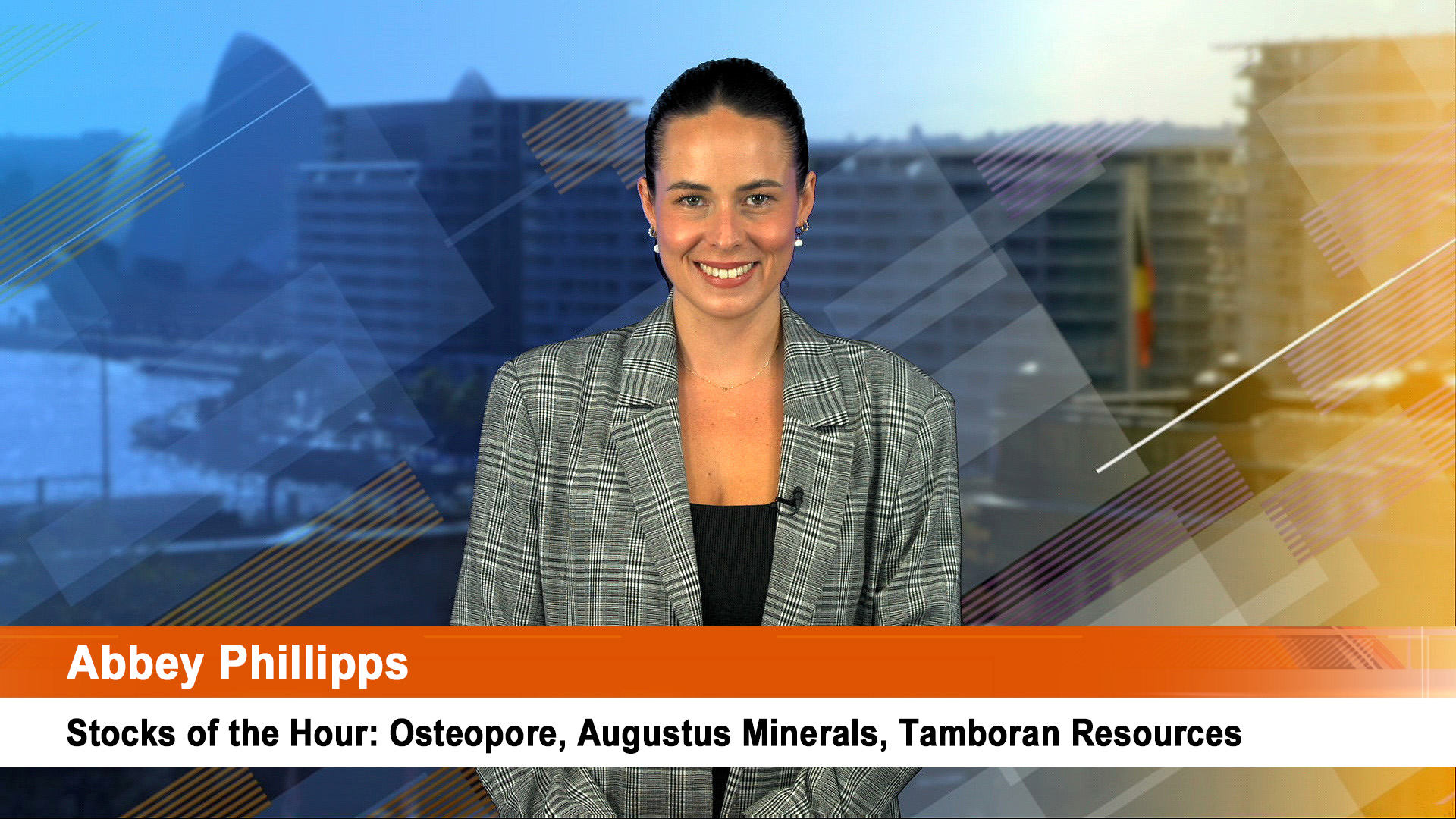There’s been a marked change in tone from the hard line of the February statement, the rise of 0.25%, the subsequent minutes which showed the bank flirted with a 0.50% rise to the small softening in March and now the much milder tone of the commentary in yesterday’s statement.
April 1:
At its meeting today, the Board decided to leave the cash rate unchanged at 7.25 per cent.
For some time now, the Board has been seeking to slow the growth of aggregate demand, in order to reduce inflation. To that end, the Board had increased the cash rate at each of its two previous meetings, as well as on two occasions last year.
Information becoming available from the national accounts over the past month confirmed that the Australian economy grew strongly through 2007, driven by rapid growth in domestic spending. Employment has also continued to grow strongly.
However, other recent information provides tentative evidence that growth in domestic demand is moderating. Business and consumer sentiment have softened in the early part of 2008, and credit demand has slowed somewhat.
Developments abroad continue to suggest that the world economy is slowing and, in line with the Bank’s previous forecasts, it appears likely that global growth will be below trend in 2008. Notwithstanding some recent declines in world commodity prices, however, a further large rise in Australia’s terms of trade is in prospect this year.
Sentiment in global financial markets remains quite fragile and Australian financial intermediaries are experiencing increases in funding costs, which are being passed on to borrowers. Some tightening in credit standards for more risky borrowers is occurring.
As a result of the recent monetary policy decisions and rises in borrowing costs that are occurring independently of changes in the cash rate, the overall tightening in financial conditions since the middle of 2007 has been substantial. That is working to foster the moderation in demand growth that will take pressure off inflation.
In the short term, inflation is likely to remain relatively high, and both the CPI and underlying measures will probably rise further in year-ended terms in the March quarter. However, inflation should decline over time, provided demand slows as expected.
Weighing up the available domestic and international information, the Board’s judgment is that the current monetary policy setting is appropriate for the time being. The Board will continue to evaluate prospects for economic activity and inflation in the light of new information.
March 4:
At its meeting today, the Board decided to increase the cash rate by 25 basis points to 7.25 per cent, effective 5 March 2008.
This adjustment was made in order to contain and reduce inflation over the medium term. Inflation was high in 2007, with an annual CPI increase of 3 per cent in the December quarter and underlying measures around 3½ per cent. Domestic demand grew at rates appreciably higher than the growth of the economy’s productive capacity over the year.
Labour market conditions remained strong into early 2008 and reports of high capacity usage and shortages of suitable labour persist. Inflation is likely to remain relatively high in the short term, and will probably rise further in year ended terms, before moderating next year in response to slower growth in demand.
The Board took account of events abroad and developments in financial markets. The world economy is slowing and it appears likely that global growth will be below trend in 2008. Recent trends in world commodity markets, however, have further strengthened prospects for Australia’s terms of trade.
Sentiment in global financial markets remains fragile. Australian financial intermediaries are experiencing increases in funding costs, which are being passed on to customers. Some tightening in credit standards for more risky borrowers is occurring.
There is tentative evidence that some moderation in household demand is beginning to occur, with business and consumer sentiment softer recently, and household credit demand slowing somewhat. The extent of that moderation is uncertain, however. As the Board noted last month, a significant slowing in demand from its pace of last year is likely to be necessary to reduce inflation over time.
Having weighed both the international and domestic information available, the Board concluded that a further tightening in monetary policy was needed to secure an inflation rate of 2 3 per cent over time.
As a result of this and earlier actions, and rises in borrowing costs which are occurring independently of changes in the cash rate, the overall tightening in financial conditions since the middle of 2007 is substantial. The Board will continue to evaluate prospects for economic activity and inflation in the light of new information.
February 5:
At its meeting today, the Board decided to increase the cash rate by 25 basis points to 7.00 per cent.
Recent information points to significant inflation pressures. CPI inflation on a year ended basis picked up to 3 per cent in the December quarter, with underlying measures around 3½ per cent.
This was a little higher than was expected a few months ago. Indicators of demand remained strong through the second half of 2007, and reports of high capacity usage and shortages of suitable labour persist. In the short term, inflation is likely to remain relatively high and will probably rise further in year ended terms, though the Bank expects it to moderate somewhat next year.
The Board took careful note of recent events abroad and developments in financial markets. The world economy is slowing and it now appears likely that global growth will be below trend in 2008. Recent trends in world commodity markets suggest, however, that Australia’s terms of trade













